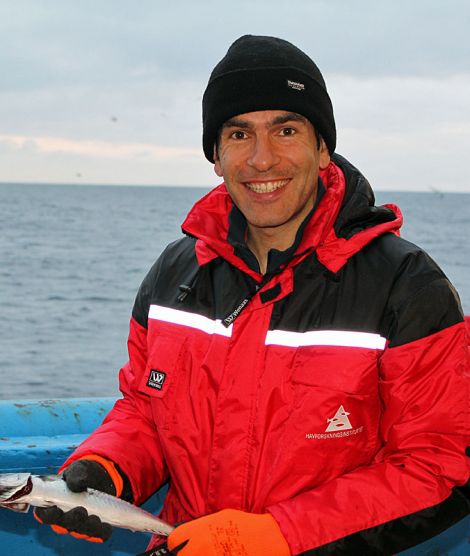News / Fish stocks recovering
A MAJOR international research project has found that fish stocks in the north east Atlantic are being fished sustainably and that populations should continue to recover.
The findings, published in the Cell Press journal Current Biology on Thursday (18 July), come as a surprise amid widespread criticism that the European Union’s Common Fisheries Policy (CFP) is failing.
They back up similar findings by Shetland’s NAFC Marine Centre’s senior policy adviser Ian Napier who reported in April that North Sea and west of Scotland stocks had increased substantially since 2000.
Paul Fernandes, of the University of Aberdeen, and Robin Cook, of the University of Strathclyde, have analysed a huge amount of data on fish stocks collected at fish markets and at sea on hundreds of fishing and research vessels operating every day of the year.
“Contrary to common perception, the status of our fish stocks is improving,” Fernandes said.
“Many of our stocks are not overfished; nature now needs to take its course for these fish to rebuild their populations.”
The researchers warn that caution is still needed, with several stocks, cod in particular, remaining in trouble.
Under today’s strongly enforced catch limits, too many fish that would have been sold on the black market continue to be caught and discarded, they said.
“We should be aware that low fishing pressure needs to be maintained until stocks recover.
“This is only the first step. Now we need to see numbers increase as a result of continued low fishing pressure,” Cook said.
The pair said they were surprised by the sheer number of stocks that have improved since fishing pressure was reduced at the turn of the century.
In 2011, for the first time, the majority of fish stocks were being fished sustainably, the result of reforms put in place in 2002.
Become a member of Shetland News
The findings come at an important time, when changes to the Common Fisheries Policy are anticipated.
“Further reforms to the Common Fisheries Policy are currently being developed, so it is important, when correcting its weaknesses, to also acknowledge and build on the success of a major reduction in the fishing pressure on European fish stocks,” the researchers wrote in their paper.
Become a member of Shetland News
Shetland News is asking its readers to consider paying for membership to get additional perks:
- Removal of third-party ads;
- Bookmark posts to read later;
- Exclusive curated weekly newsletter;
- Hide membership messages;
- Comments open for discussion.
If you appreciate what we do and feel strongly about impartial local journalism, then please become a member of Shetland News by either making a single payment, or setting up a monthly, quarterly or yearly subscription.






























































